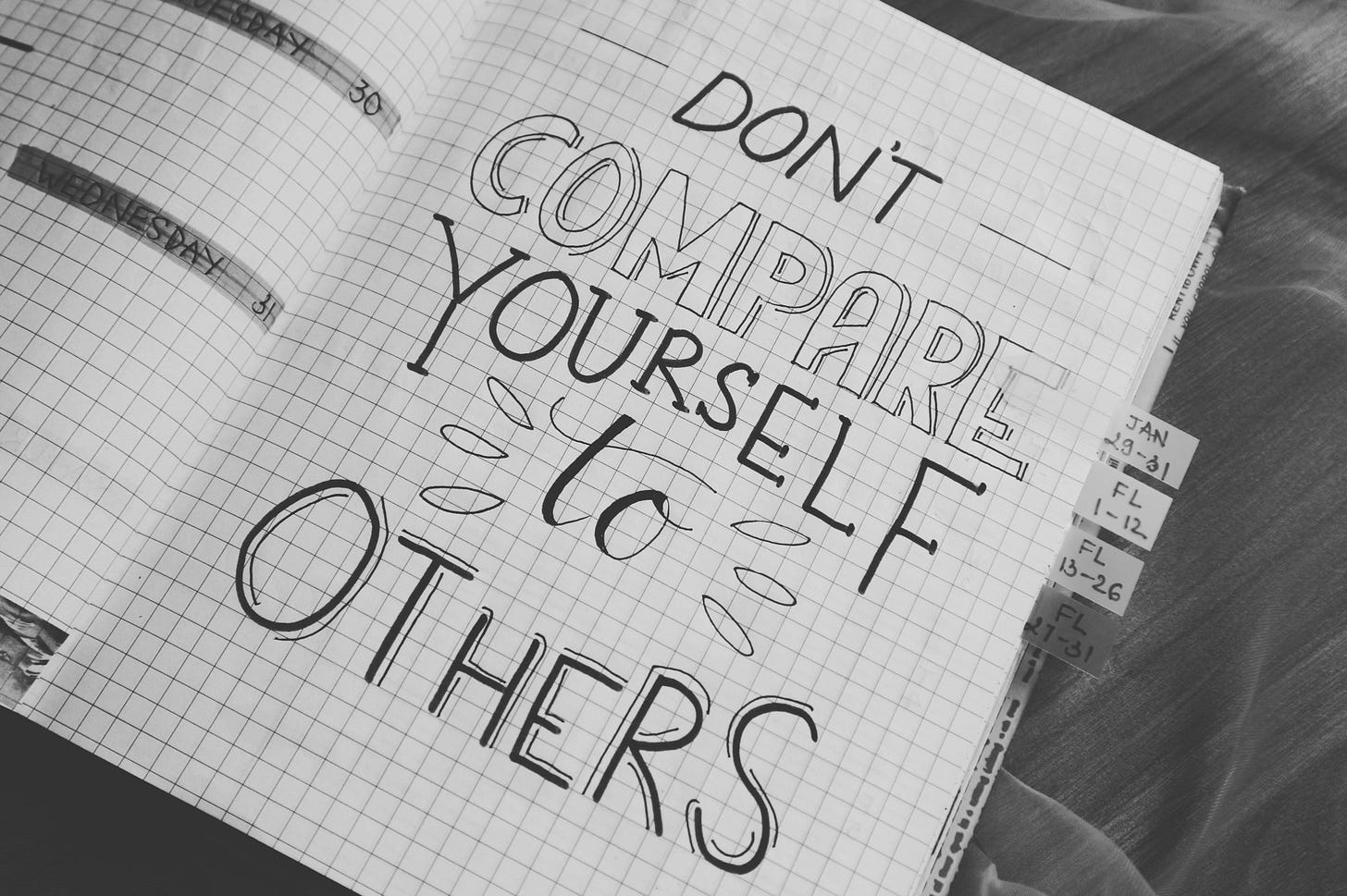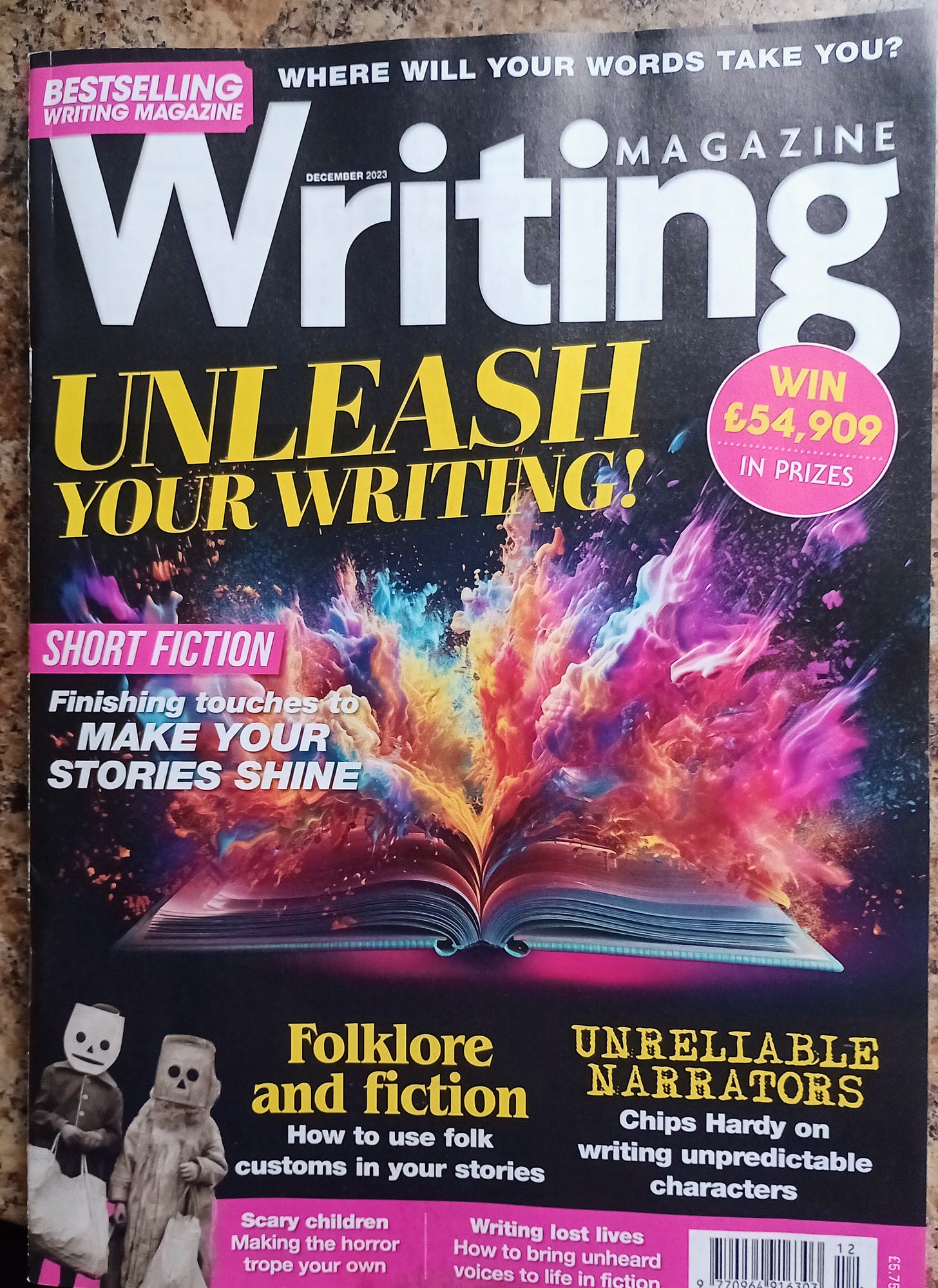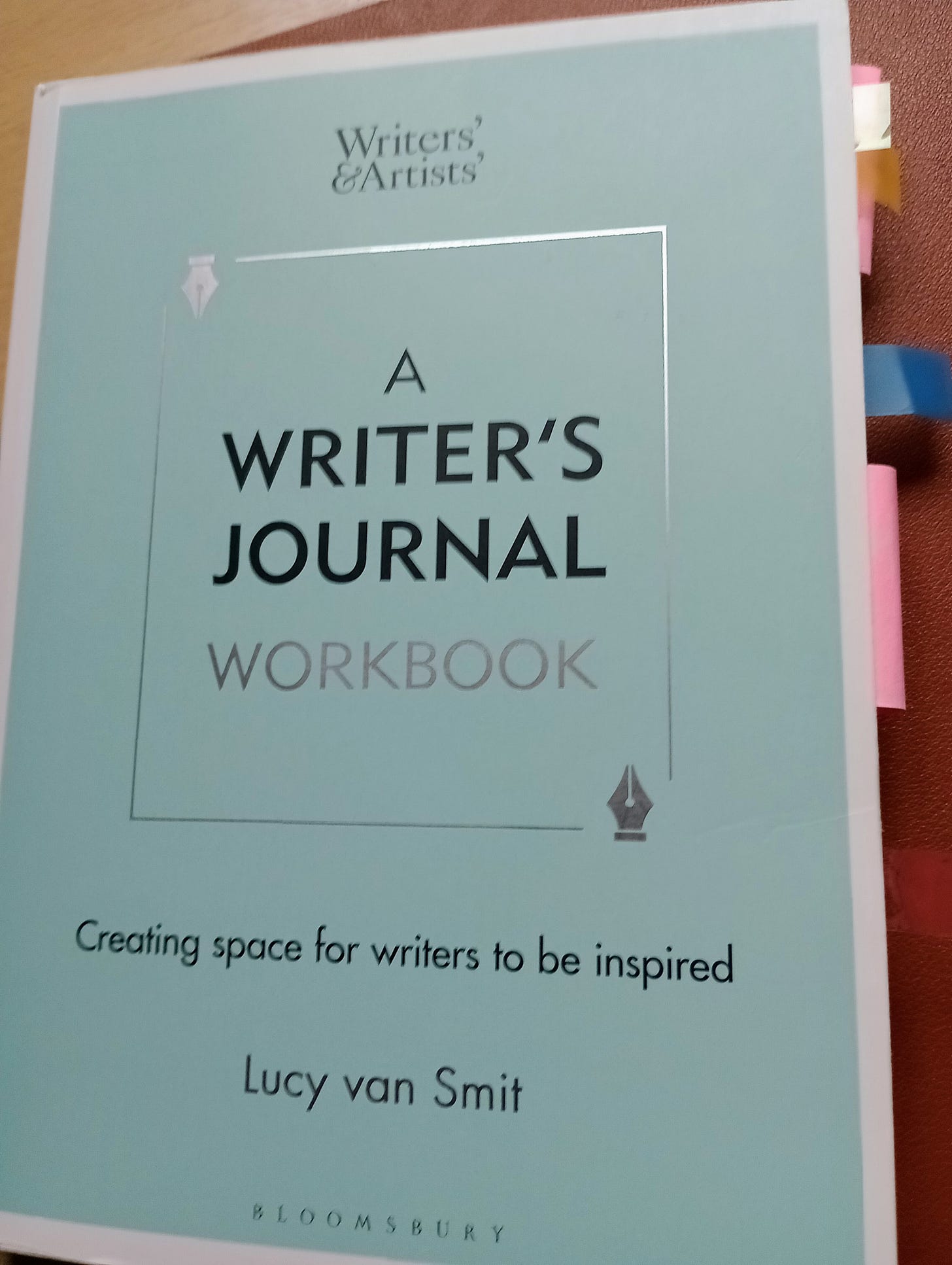I attended BristolCon last month for the second time. I had a clear purpose this year: learn from authors about publishing and launching books. I chose workshops and small group discussions that would inform me.
In one discussion, led by Roz Clarke, there was a mixture of writers: those who were writing regularly (including me), a couple of published/self-published authors and several ‘fans’ who were trying to start writing but either didn’t know how or where to begin.
When I listened to the problems or barriers they faced, it struck me that I had them many times before. Not from writers, but from people who were trying to get fit/ better at their sport.
They included:
Not enough time.
I’m not good enough (If I can’t be Stephen King/ Laura Muir straight away, then what’s the point?)
I don’t know how to start.
I don’t know where to look for advice.
I am no expert on the craft of writing but I have helped many people create and sustain healthy habits over the last 30 years. Here are some pointers that might be of use. I’ll address the four points individually.
Lack of time
How much time do you need? If you think that you need to spend a week in isolation in a log cabin to be a ‘Writer’ then think again.
Five minutes a day is enough to get into the habit. There are certain times when this may seem impossible (those of us who have experienced multiple children under the age of five) and our brains feel as creative as a pile of mushy peas.
Angie Chatman describes how she wrote in the car while her three children were at soccer practice because that was the only peace she got (she’s American, so forgive her for ‘soccer’).
During the first pandemic, I worked at Tesco from 0400-1100. I wrote in my journal in the staff canteen, blurry-eyed, fuelled by coffee and peanut butter on toast, on my truncated break. When I had more brain space and time, I developed some of those observations into my short story, ‘Tales from the shop floor.’
It doesn’t matter when you write, as long as you write.
Top Tip: Carry a notebook and pen around with you and make the most of ‘operational pauses.’
I’m not good enough
I think this is an avoidance excuse. Good enough for what? To write a sentence? You can definitely do that.
Good enough to write ‘The Grapes of Wrath’? No, but then who is?
John Steinbeck kept a journal while he was writing this masterpiece and he was racked with self-doubt.
Until you get to the stage of submitting work for publication, ‘not being good enough’ is a poor excuse for avoiding writing. Stephen King didn’t write like Stephen King when he started (he details this in his book, ‘On Writing’).
I have read Raymond Chandler’s early short stories: they are good but they are not at the level of ‘The Long Goodbye.’ Every writer only improves by writing. You make mistakes, you write rubbish, and you struggle with character, plot and situation: so what?
Next time it will be better.
Top Tip: Write one paragraph a day for a month.
I don’t know where to start
I have sympathy for this: with a gazillion sets of advice, it is easy to be bamboozled.
Describe one person or object that is familiar to you in a sentence. That’s a start. Repeat that and add either sound, smell, taste or touch. Write down a sentence from a conversation at work, or something that one of your children has said.
Build from there.
There are plenty of websites that give you a ‘Prompt of the day,’ if you get stuck. The idea is to get into the habit of writing first and then develop your craft second. If you are lucky enough to have an epiphany of a story that you want to tell, good for you, but if you don’t, just write.
Top Tip: Subscribe to Writing Magazine on their 5 issues for £5 offer. They have several columns about writing prompts/ ideas for themes.
I don’t know where to seek advice
I was lucky in that I found a writing group on a flyer in a local coffee shop that I rarely visited. I went along and wrote to the prompts that Jenny Kane set.
I didn’t submit my first piece of work because I had no intention ever of trying to get published. I wanted to scribble and play around with the words that were bubbling out of my brain because I read too much.
I did submit my second piece of work (to get my money’s worth) and received my first editorial critique.
The sky didn’t fall upon my head. The earth was not torn asunder.
I heeded the advice and tried to avoid making the same mistakes again. I am still doing that five years later but in a different group.
If you are unable to join a writing group locally, look online. Find one that welcomes beginners. Do read and share your work. It should feel like a ‘safe space’ that allows you to make mistakes and develop.
(I did have a bad experience with one group and left after a year of receiving patronising and condescending advice from a Nurse Ratchet-type overlord. If you feel like you are being critiqued, rather than your work, get out of there).
Top Tip: Buy Lucy Van Smit’s ‘Writing Journal’ and work your way through the exercises. I loved this book and it accelerated my writing journey.
I hope that this advice may be of use. The most important thing is that you pick up a pen and write. You can do that.






